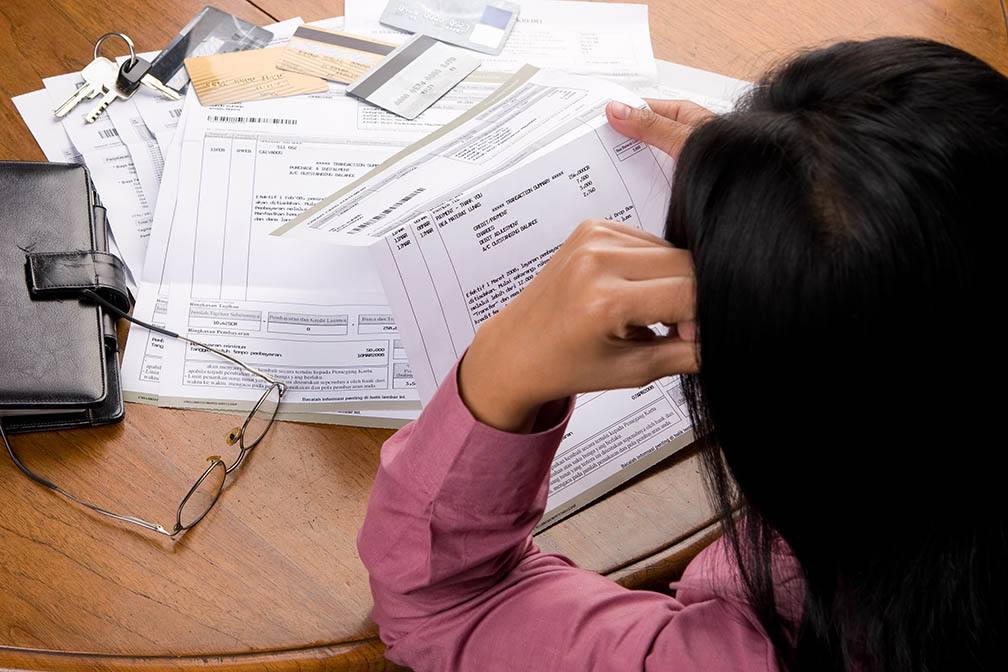First Time Home-buyers: How to Properly Research Your Mortgage Options
 For most consumers, buying a house is the largest purchase you’ll make in your life. That’s why it’s important to ensure that you have the best mortgage terms available. With so much at stake, it’s important to have full confidence in both your lender and your mortgage.
For most consumers, buying a house is the largest purchase you’ll make in your life. That’s why it’s important to ensure that you have the best mortgage terms available. With so much at stake, it’s important to have full confidence in both your lender and your mortgage.
So how can you ensure that the mortgage you choose is the right one for you? Here’s how you can evaluate your mortgage options and find the best option for your individual circumstances.
Make Sure You Actually Do Shop Around
According to the Consumer Financial Protection Bureau, half of borrowers consider just one lender before applying for a mortgage, while 70% of borrowers only apply to one lender. While a broker or your bank can be a good source of information about mortgages and may offer great rates, that’s not always the case. The best way to get a great deal on a mortgage is to shop around and see what’s available.
Look For Information From Reputable, Independent Sources
When you’re looking at mortgage terms and evaluating lenders, it’s important that you remain skeptical. Lenders always have an agenda – to earn money on your debt. While lenders can indeed offer you expert information on the mortgage industry, they’re not exactly objective – so make sure that when you consider their offers, you refer to independent experts when deciding if you’re getting a good deal.
Compare Loan Terms, Not Bonus Incentives
Quite often, banks will offer their clients extra mortgage incentives available only to clients. These incentives can include things like free savings bonds or a free credit card limit increase. But just because you’re getting a freebie, that doesn’t necessarily make the mortgage a good deal.
It’s important to consider both the value of the incentive and the cost difference between mortgages. If your bank’s mortgage would cost you an extra $5,000 over the life of the loan compared to a third party mortgage, then your bank would need to give you $5,000 worth of free services in order to make your bank’s loan worth your money. Don’t be fooled by flashy freebies – look at the actual terms.
Finding the right mortgage can be a struggle, especially if you’re trying to do it on your own. That’s why it helps to consult an independent mortgage professional who can advise you on industry standards and help you to get the best terms. For more information or to schedule a consultation, contact your local mortgage advisor today.
 It’s amazing that in a year with extremely low mortgage rates being reported around the country, closing costs are up by as much as 6% from the previous year. Part of the reason for this is that the stricter regulations on loans have increased the costs to banks, and they always find a way to pass on new costs to the consumer.
It’s amazing that in a year with extremely low mortgage rates being reported around the country, closing costs are up by as much as 6% from the previous year. Part of the reason for this is that the stricter regulations on loans have increased the costs to banks, and they always find a way to pass on new costs to the consumer. It may feel like a very daunting task to consider buying a home after you’ve declared bankruptcy, and there’s no doubt that it’s an uphill battle. Fortunately, while you’ll have hard work ahead, there are things you can do in order to make your dream of home ownership a possibility. Whether you’ve just declared bankruptcy or some time has passed, here are some things you should consider before getting into the market.
It may feel like a very daunting task to consider buying a home after you’ve declared bankruptcy, and there’s no doubt that it’s an uphill battle. Fortunately, while you’ll have hard work ahead, there are things you can do in order to make your dream of home ownership a possibility. Whether you’ve just declared bankruptcy or some time has passed, here are some things you should consider before getting into the market.